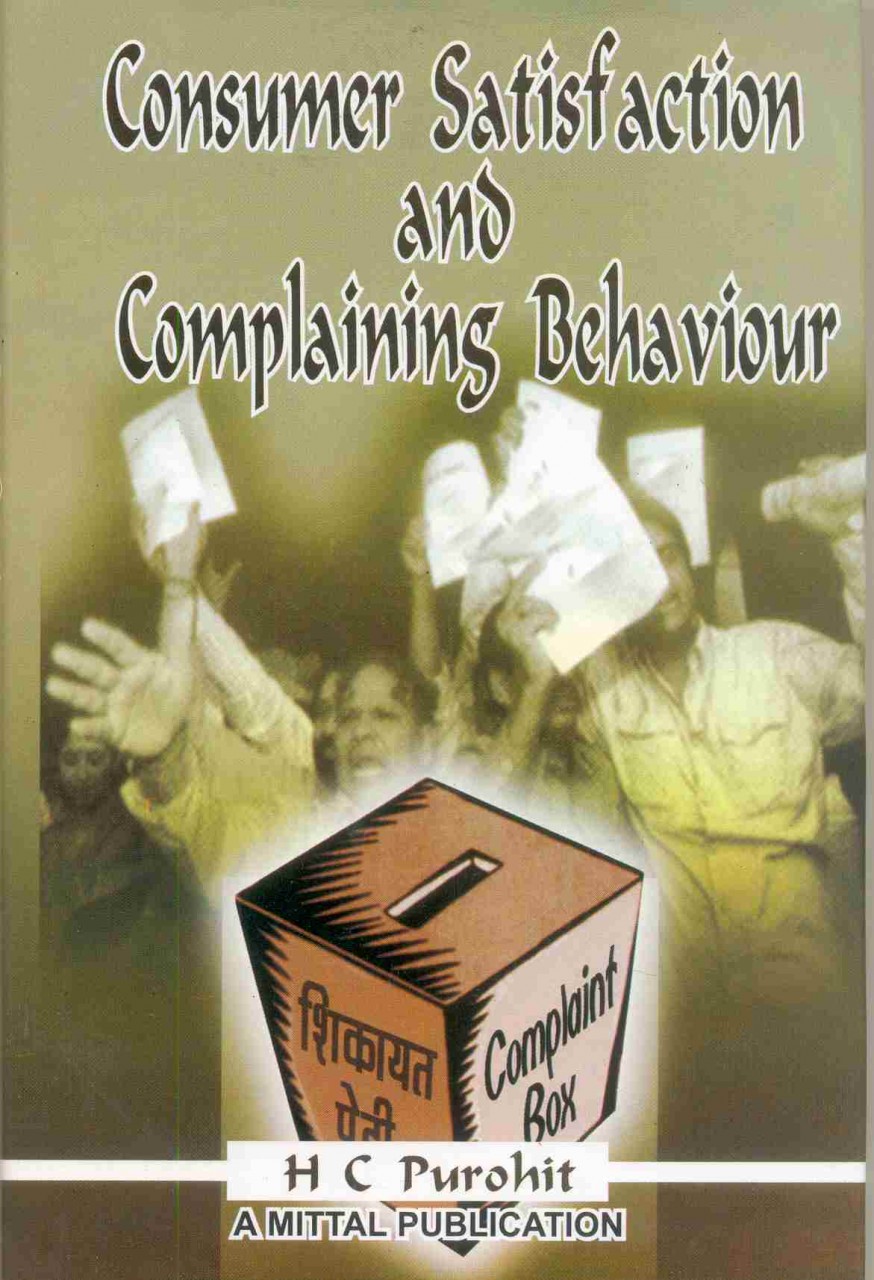Relationship Marketing : focusing On Consumer Complaints
By Gunjeet Kaur(Author)
Consumer complaints, managerial response to them and their satisfactory resolution, leading to a dyadic perception between the consumer and the company, form the core of relationship marketing. The mutual resolution of complaints, without third party arbitration, constitutes the central construct of this book which implies that customer retention is easiest when the company’s actual response in the post-complaint phase perfectly matches the consumer’s expectations from the company in that phase. For this status to be present, there must exist such characteristics as mutual trust, commitment, two-way communication, social support and empathy, self-disclosure, emotion, need for service, guarantees, and higher standard. This book has significant implications for four major areas of policy formulation. These areas are: (1) Final satisfaction/ dissatisfaction, (2) Relationship marketing, (3) Marketing strategy, and (4) Public policy for consumer protection.






